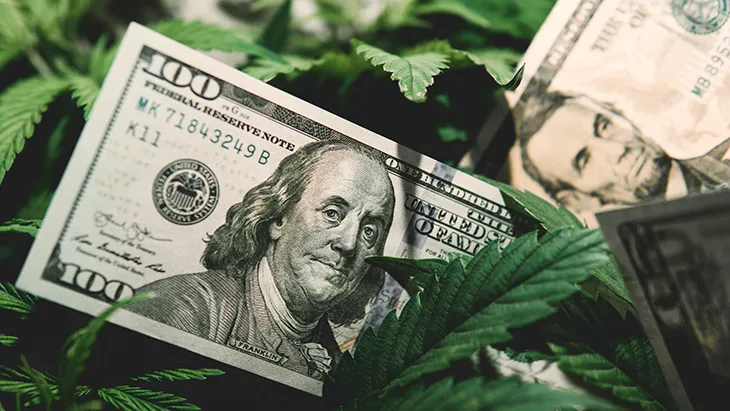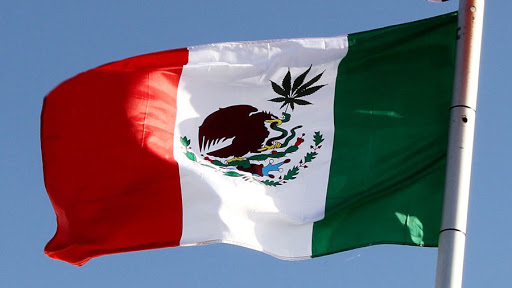Image via
America’s outdated tax codes are forcing legal weed businesses to pay more than double the amount of federal tax than most other businesses do.
Last year alone, state-legal weed businesses had to pay $1.8 billion in additional taxes, in comparison to the average company. And according to a new report by cannabis research firm Whitney Economics, that sum will increase to $2.1 billion in 2023. These excessive payments are a direct result of IRS Section 280E, a War On Drugs-era tax code created to punish illegal drug dealers trying to profit from their trade.
This tax law explicitly prohibits any business that deals in illegal Schedule I or II drugs from taking “ordinary and necessary” business deductions on their taxes. All other US businesses, including pharmaceutical firms that have been incriminated for their role in perpetuating the opioid crisis, are allowed to take regular deductions for supplies, rent, advertising costs, and pretty much anything else.
Weed businesses are blocked from taking these deductions, though, so they are forced to pay tax on their gross income, not their net income. Thanks to these onerous rules, legal weed businesses will be forced to cough up $65.3 billion in taxes between 2020 and 2030. If 280E did not exist, Whitney estimates that the cannabis industry would only end up paying around $30.1 billion over that same decade – that’s less than half the total tax bill.
Whitney estimates that the average effective tax rate for cannabis businesses is now at around 70%, far higher than any other business has to pay. These excessive taxes are one of many reasons that the cannabis industry is starting to contract after years of solid growth. Last year, around 42% of pot firms that Whitney surveyed said that they were still turning a profit. This year, that total has dropped below 25%.
“The cannabis industry is under extreme economic distress and the current regulatory and taxation environment is untenable, even in the short term,” said Beau Whitney, chief economist at Whitney Economics, in a statement.
Federal lawmakers have proposed dozens of bills and amendments to exempt state-legal weed companies from this tax code. The House of Representatives has passed legislation to reform cannabis banking regulations more than six times now, but Congress has yet to allow weed banking reform to become law.
Some states have stepped up to provide their local weed industries a little bit of relief, though. Most state tax laws mirror federal deduction policies exactly, so weed businesses are forced to pay state taxes based on their gross income as well – even in states that have legalized. Massachusetts and New York now allow licensed weed firms to take deductions on their state taxes, and lawmakers in other states have proposed similar bills.











